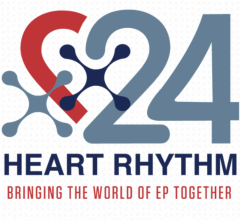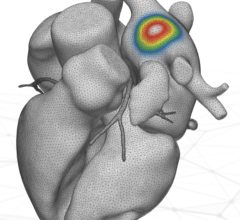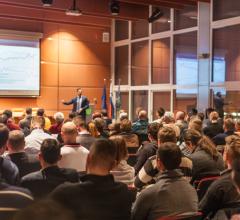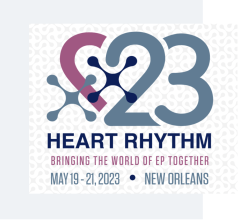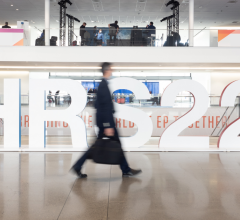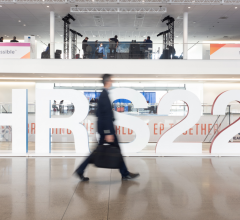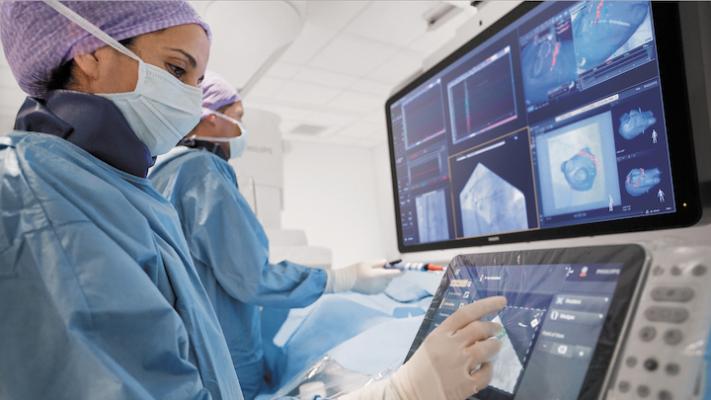
May 1, 2020 — The Heart Rhythm Society (HRS) has created a COVID-19 Task Force to make recommendations related to education, training, certification and procedural participation during the pandemic. HRS said the COVID-19 pandemic has significantly impacted medical training in clinical cardiac electrophysiology (CCEP). Elective procedures in most centers have been deferred, significantly impacting the opportunity for fellows to assist in procedures. Further, fellows involved in direct patient care may incur risk to themselves from participating directly in patient care and procedures during the pandemic. Additionally, centers with a high burden of COVID-19 infection may have implemented ACGME Stage 3 "Pandemic Emergency Status" that allows for trainee deployment from their primary appointment into care for COVID-19 patients.
In the context of the COVID-19 pandemic, what should the appropriate level of fellow involvement be in in-patient care and procedures? In-patient consultation in electrophysiology can sometimes be accomplished without direct patient contact as the HRS COVID-19 Task Force has indicated in past communications. The personal risk of COVID-19 exposure, the mandate for social distancing, and the need to conserve personal protective equipment all must be weighed against the need for a fellow to participate in a specific procedure to allow for achievement of learning goals and patient care. This should be a shared decision between the fellow and attending, with no obligation for participation on the part of the fellow and no obligation on the part of the attending staff that they have an assistant if it is not desired.
Although fewer invasive procedures are being performed as a result of the pandemic, time away from procedural care can still be leveraged toward excellent educational opportunities for clinical cardiac electrophysiology fellows, including studying for the American Board of Internal Medicine (ABIM) Clinical Cardiac Electrophysiology Certification Exam, attending virtual educational conferences, completing research and quality improvement projects, and writing manuscripts. HRS has curated a set of learning resources at Heart Rhythm 365 and has discounted the board preparation program in support of fellow learning.
HRS has confirmed with the ACGME that fellows who have achieved procedural competency as judged by their program director and local Clinical Competency Committee may graduate in June 2020 even if they have not served on an electrophysiology service for a portion of their final training year or met their formal procedural numbers. Joint statements regarding this from the ACGME and ABMS can be found here.
However, the CCEP minimal procedural requirements are necessary for ABMS/ABIM board certification, and fellows who will not meet this goal by the end of graduation will need to reach out to the ABIM to develop a plan to achieve certification.
The circumstances of a second-year fellow who is judged by their CCC as not having achieved procedural competency is challenging. Although there is no formal mechanism to allow a fellow who requires more time to achieve competency to extend their training, it would be preferable for these fellows to stay at their home institution in an extension of training. The largest barrier to extending training is often funding for a fellow’s salary. HRS can potentially partner with industry to aid in this aspect of training completion, which we expect to only be required for a minority of fellows.
Further guidance and resources for trainees from the ACGME can be found here.
It is likely that the ACGME will ask Stage 3 programs to address program impacts in the “Major Changes” section of the Accreditation Data System at the annual update.

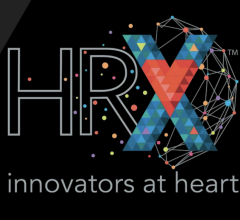
 July 30, 2024
July 30, 2024 
